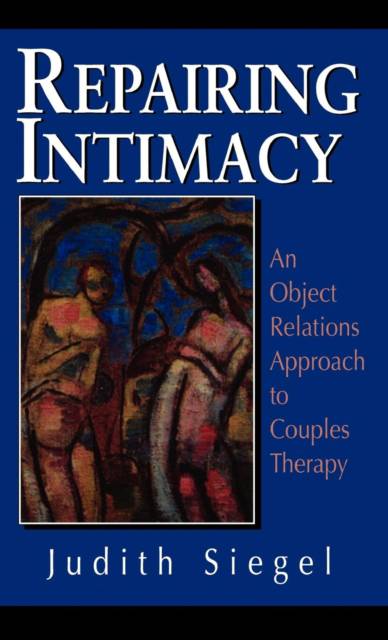
- Retrait gratuit dans votre magasin Club
- 7.000.000 titres dans notre catalogue
- Payer en toute sécurité
- Toujours un magasin près de chez vous
- Retrait gratuit dans votre magasin Club
- 7.000.0000 titres dans notre catalogue
- Payer en toute sécurité
- Toujours un magasin près de chez vous
198,45 €
+ 396 points
Format
Description
By drawing upon object relations concepts, the couples therapist is able to work with both the intrapsychic makeup of the partners and their ways of relating as a couple.
Spécifications
Parties prenantes
- Auteur(s) :
- Editeur:
Contenu
- Nombre de pages :
- 294
- Langue:
- Anglais
- Collection :
Caractéristiques
- EAN:
- 9780876684597
- Date de parution :
- 01-06-92
- Format:
- Livre relié
- Format numérique:
- Genaaid
- Dimensions :
- 147 mm x 217 mm
- Poids :
- 580 g

Les avis
Nous publions uniquement les avis qui respectent les conditions requises. Consultez nos conditions pour les avis.






